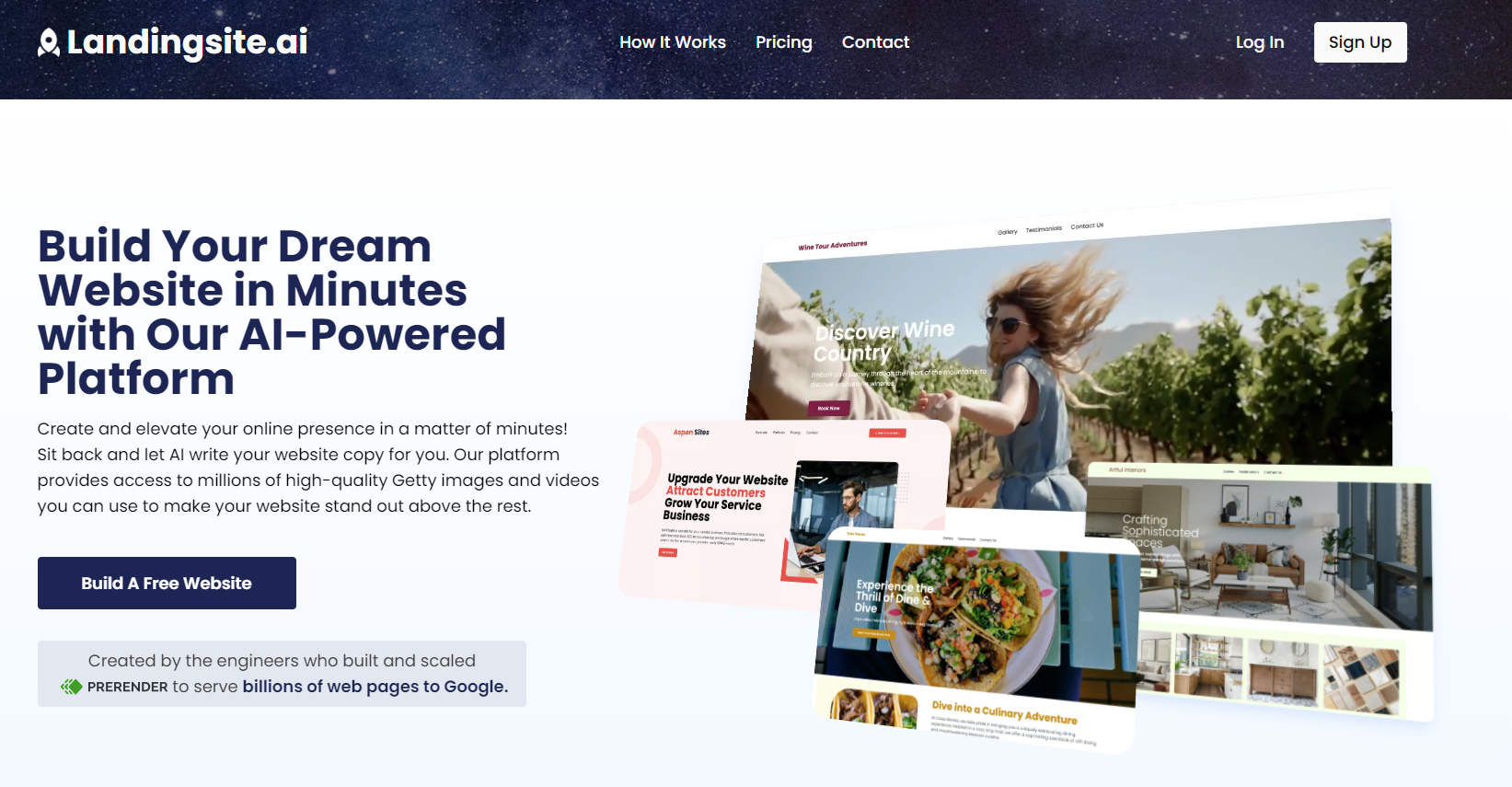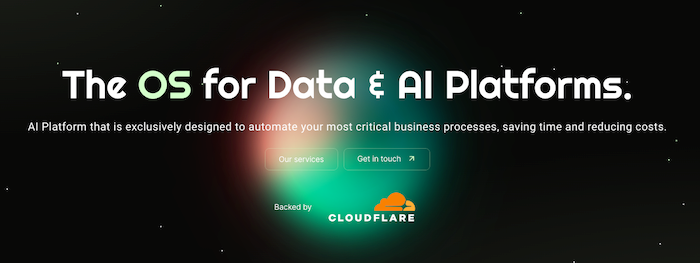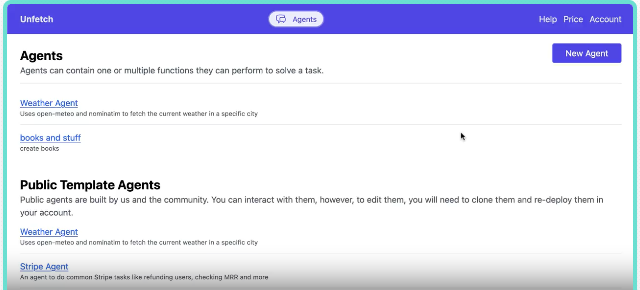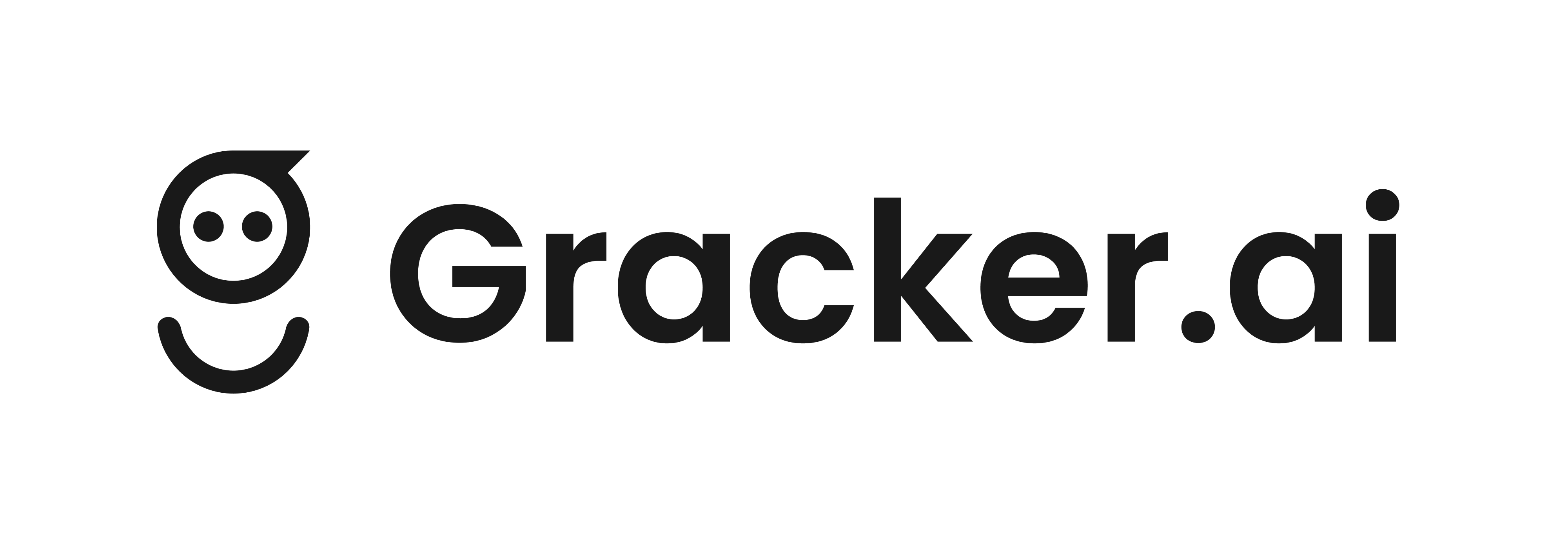
About
Atlas is building the operating system for restaurants, focusing on Southeast Asia. Think Shopify for restaurants -- the easiest way to start, run and grow any restaurant online and offline. The team at Atlas previously built Grain, a venture-backed online restaurant, to millions in revenue. Now, Atlas is building the software that helps restaurants achieve what Grain did in 3 years in less than 3 months.
How they use Cloudflare
Atlas is a Software as a Service (SaaS) platform with support for multiple tenants with isolated databases and compute instances. This means that each tenant has their own dedicated database, ensuring privacy and security, and has a dedicated compute for highly scalable processing of requests.
We utilise Cloudflare technologies throughout our stack. We have built custom API routers (similar to DNS) and offer dedicated commerce websites (with custom domains) and real-time sync systems for operation teams that are built using tools such as Workers, KV, Pages, Cloudflare for SaaS and Durable Objects.
Cloudflare Workers Atlas relies on Cloudflare Workers to build the routing layer, which is an API gateway (like DNS) to redirect requests to the correct origin servers
Durable Objects Atlas uses Durable Objects to provide real-time, low-latency coordination and consistent storage for applications built on Workers
Cloudflare Pages Atlas uses Pages for hosting customer commerce websites with support for custom domains using Cloudflare for SaaS
Workers KV Atlas uses Workers KV as the data source of API gateway records, custom website configurations and sometimes as a caching layer
Why Cloudflare?
"Deploying Workers is incredibly fast. Period. It helps us prototype applications quickly and deploy and scale them to our customers faster than any other tool. Our bet on Workers seems to work well so far; it addresses all the limitations we faced with other solutions (overheads with provisioning resources, configuration and costs), and we are using this pattern for all our routing — handling webhooks and external integrations."
"Moreover, it's simple and modular, which makes onboarding new engineers and team members onto apps built using Workers relatively easy."





